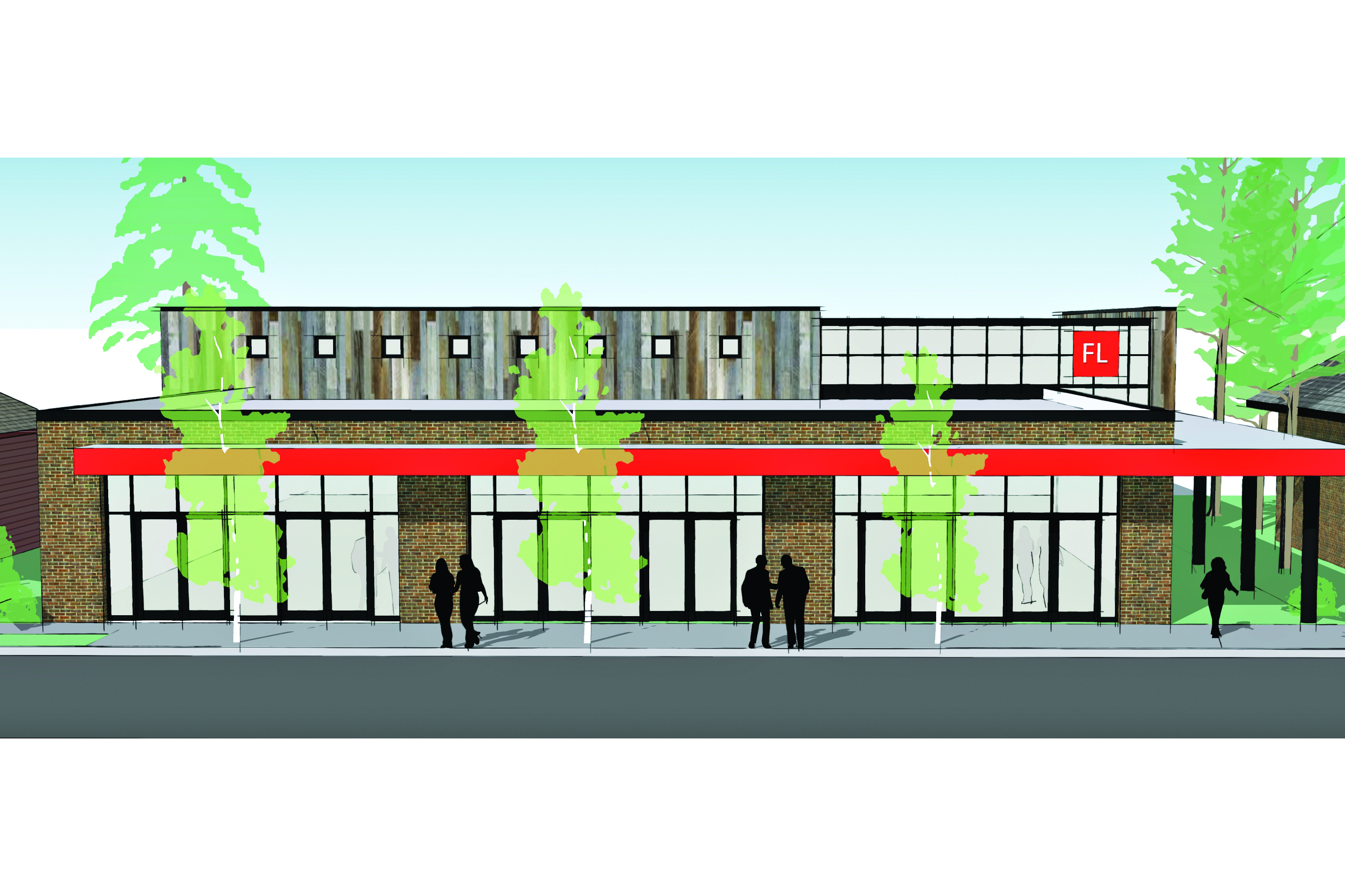Following another divisive public hearing, Whitefish City Council voted this week to deny a request by Fresh Life Church, the multi-site enterprise that recently sought to augment its rapidly growing real estate portfolio with a new place of worship in the heart of the city’s downtown retail corridor.
The church’s request for a conditional-use permit to construct its building on Central Avenue in Whitefish’s Old Town Historical District, where it proposed a church as well as retail space, met opposition last month from the Whitefish Planning Board, which unanimously recommended denial of the permit due to the project’s failure to comply with portions of the city’s downtown master plan, as well as incongruities with the city’s growth policy and character.
That hearing featured hours of testimony from members of the community who came out on both sides of the issue.
By the time the proposal reached council for final action on Feb. 20, more than 170 written comments had been submitted, with residents weighing in on whether building a church on one of Whitefish’s last parcels of prime retail space on Central Avenue would best serve the community.
Councilor Richard Hildner, who ultimately made the motion to deny the permit, said the building’s proposed retail space was neither compatible with the area’s WB-3 zoning nor its downtown master plan.
Hildner noted that the proposed project gained an enormous amount of attention from community members, with impassioned pleas from his friends and neighbors on both sides of the issue, which forced him to deliberate long and hard before reaching a decision.
Council voted 5-1 to deny the conditional-use permit for an 11,200-square-foot building, leaving Fresh Life Church free to pursue a similar project in another corner of Whitefish that would serve as a better fit.
Opponents cited a litany of concerns, including the church’s tax-exempt status, potential parking problems, traffic congestion, clashes with the city’s downtown character, its growth plan and downtown master plan, and the church’s record of occupying a suite of historic buildings in downtown Kalispell.
The applicant, John Mark Creamer, operations pastor at Fresh Life, addressed many of the concerns expressed in those comments, and made numerous adjustments to the proposal based on recommendations by city planning staff.
Creamer said the project includes 4,500 square feet of retail space that would be owned and operated independent of the church (assuming there were willing buyers) and sit at ground level, while church activities would be confined to an auditorium below ground. He said the added retail space would generate $18,750 in additional revenue for the city’s tax base annually based on the proposed building’s appraised estimated value of $1.5 million.
Creamer also noted that Fresh Life Church has held worship services in Whitefish for seven years, both at the Performing Arts Center and at Casey’s Bar, and parking has never been a problem. Rather, he said the influx of congregants has been a boon to downtown.
But during the public hearing, most residents spoke in opposition to the project, including Turner Askew, a former city councilor who said Fresh Life Church would be better suited in an area where it has room to grow, like the U.S. Highway 93 corridor leading into Whitefish.
Tim Murphy, of State Farm Insurance agency, which sits adjacent to the site of the proposed church at 334 Central Ave., most recently occupied by Lakestream Fly Shop, said the high-ticket property should be reserved for a business that better serves the community.
“Is this the highest and best use of the last premium retail spot in downtown?” Murphy said.
Since its establishment in Kalispell in 2007, Fresh Life Church has grown significantly in size and scope. The church, led by Pastor Levi Lusko, who moved to the Flathead Valley from California and formed the church at 25, has acquired multiple properties in downtown Kalispell and expanded to cities across Montana. Within only a few years, the church drew a regular local congregation of roughly 1,500 people.
